As one of China's top ten famous teas, Baihao Yinzhen is not only known by many tea lovers but also tasted by them. But do you know the story and origin of Baihao Yinzhen?
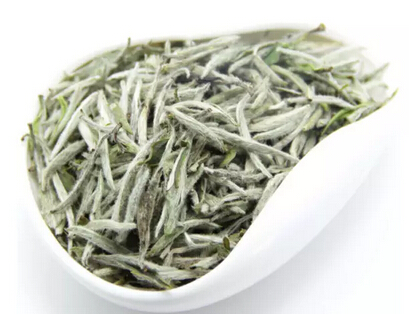
Legend has it that long ago, there was a year of severe drought in the Zhenghe area, leading to widespread plague and countless deaths. On the mist-covered Donggong Mountain, there was a dragon well with a few magical herbs growing beside it. The juice from these herbs could cure all diseases, and dripping it into rivers or fields would bring forth water. To save the villagers, someone had to retrieve these herbs. Many brave young men ventured out but never returned.
In one family, there were three siblings: the eldest brother Zhigang, the second brother Zhicheng, and the youngest sister Zhiyu. They agreed that the eldest brother would go first for the herb. If he didn't return, the second brother would go, and if he also failed, the sister would take over. Before leaving, Zhigang took out the family's heirloom sword and told his siblings, "If the sword rusts, it means I am no longer alive." He then set off eastward.
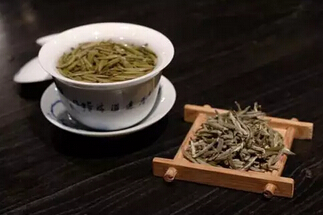
After 36 days, he reached the foot of Donggong Mountain, where an old man with white hair and a silver beard asked if he was going to pick the herb. Zhigang confirmed, and the old man warned him not to look back while climbing, or he would fail. As Zhigang ascended, the mountain grew eerie, and voices called from behind. Ignoring them, he pressed on until a loud shout startled him, causing him to turn around—and instantly, he turned to stone.
When the siblings saw the rusted sword, they knew Zhigang was gone. Zhicheng then took an iron arrow and told Zhiyu, "If the arrowhead rusts, you must go next." After 49 days, Zhicheng met the same old man and received the same warning. On the mountain, he heard Zhigang's voice calling for help and turned back, also turning to stone.
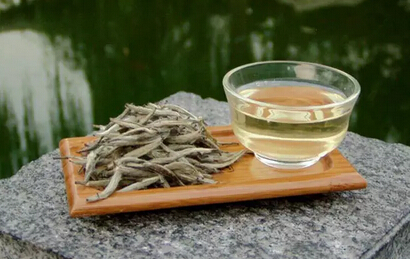
Seeing the rusted arrowhead, Zhiyu knew it was her turn. On her journey, she too met the old man, who gave her a piece of roasted rice cake and repeated the warning. Using the cake to block out the voices, she reached the dragon well, killed the black dragon with her arrow, and plucked the herb's leaves. Sprinkling the well's water revived the herb, which bore seeds. She then used the herb's juice to revive the petrified people, including her brothers. Returning home, they planted the seeds, which grew into tea trees—the origin of Baihao Yinzhen.
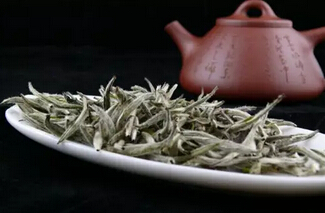
Baihao Yinzhen is a treasure among teas, often called the "King of Tea." It is produced in Fuding City and Zhenghe County, Fujian Province. Its appearance is straight like a needle, covered in silvery-white hairs. It is mild in nature, aids digestion, and has medicinal properties like reducing fever and detoxifying. In northern China, it was used to treat measles. In 1982, it was ranked first among China's top 30 famous teas.
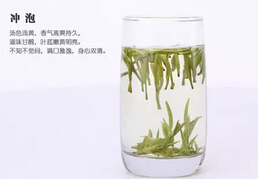
Baihao Yinzhen is rich in nutrients, containing higher levels of "active enzymes" than other teas. It also has polyphenols, vitamins B1, B2, niacin, folic acid, vitamins E, K, and C, catechins, 25 amino acids, theanine, and minerals—all in greater abundance than other teas.
With such benefits, how can tea lovers miss it?